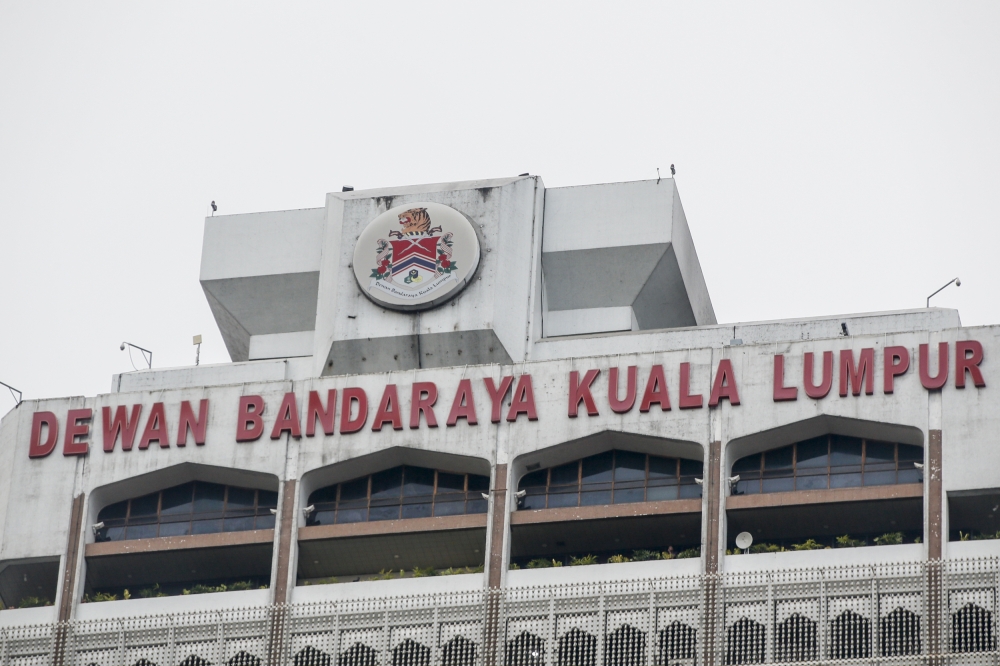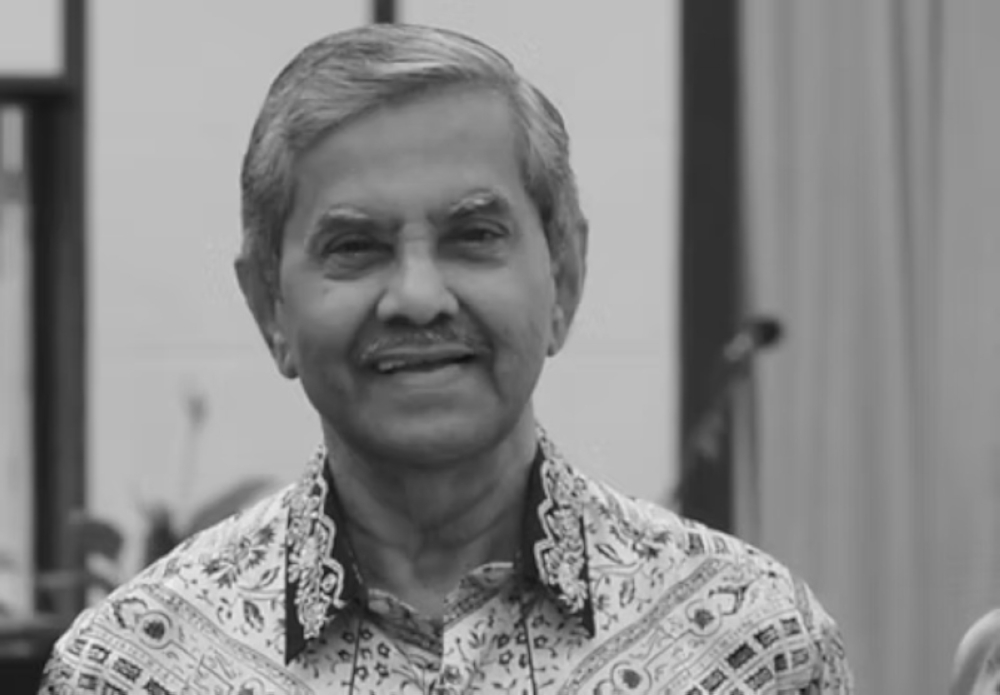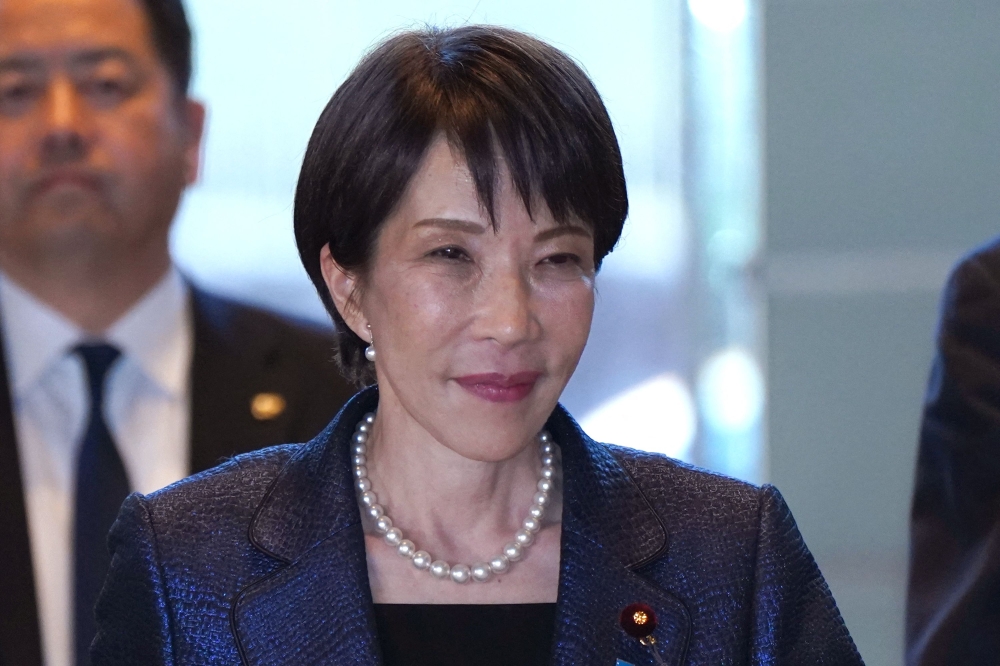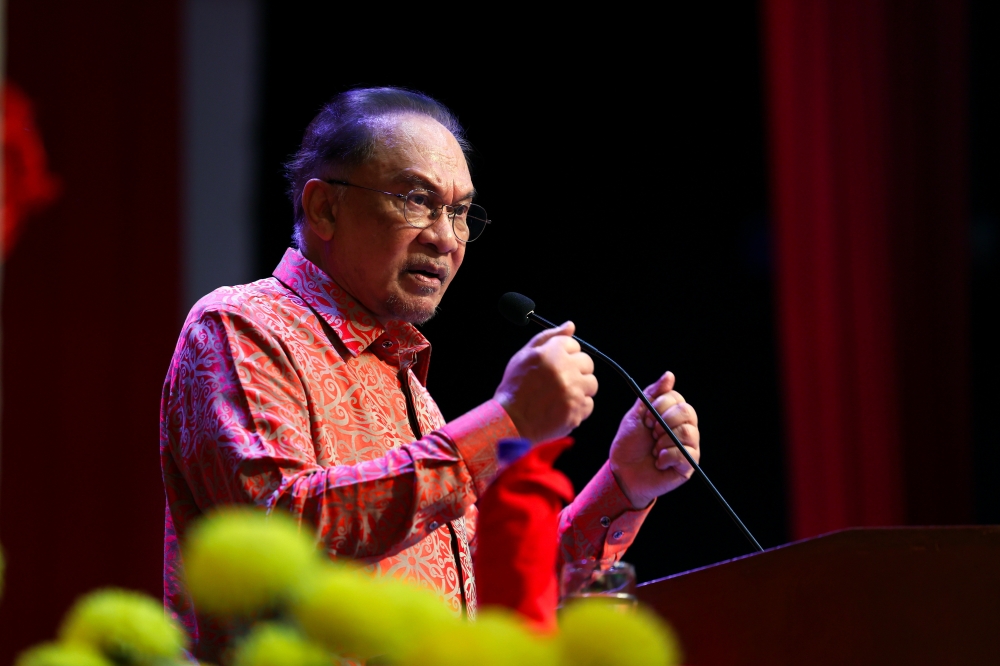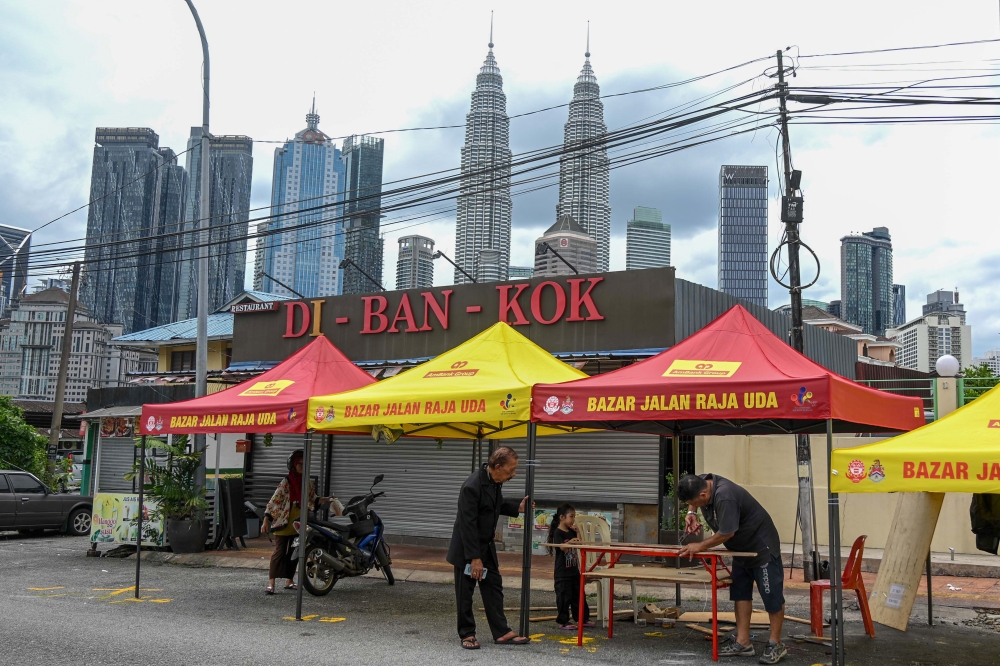IPOH, March 25 — When the story of Ipoh is told, it would be strange if at least one chapter is not dedicated to the Ipoh Echo.
Since its first edition 12 years ago, the country’s sole community newspaper has been a unique fixture here, providing a unique local viewpoint on happenings and current issues in Perak.
Despite some challenges over the years, the paper continues to be distributed to the people of Perak free of charge.
The story of Ipoh Echo began when co-founders Lt-Col (R) Fathol Zaman Bukhari and G. Sivapragasam first hatched the idea for the community paper in 2005.
Fathol, who is now the paper’s director-cum-editor, recalls that Sivapragasam suggested the idea of a local newspaper for Ipoh, just before Fathol left for a trip to Australia.
“In Australia, I spoke to some people who were running community newspapers and picked up some pointers from them,” Fathol told Malay Mail during a recent sit-down at the Ipoh Echo office in Jalan Dato Lau Pak Khuan.
“Writing wasn’t a problem as I was the editor of an army journal during my 30 years serving the Armed Forces.
“The aim was to provide the people of Ipoh with a platform to voice out their views and share the happenings in the city. “
After being granted a printing permit in May 2005, the first issue of the Ipoh Echo was published on January 1, 2006, with a circulation of 5,000 copies in an eight-page format.
Funded by Fathol and Sivapragasam, the operation started out small.
In fact, Fathol had to deliver the copies himself, driving around the city to hand out the paper by hand.
Ironically it was Fathol’s “personal” delivery method that led to the lifeline that the struggling newspaper needed.
“At one point, I thought the paper was going to die as funding was running out. One day, the late Datuk KK Lim saw me going around delivering the papers personally.
“He liked our idea, and he didn’t want it to go under. He realised that we needed a boost, and he gave us extra funding. It was the fillip we needed.”
Since then, the paper has gone from strength to strength and now prints 20,000 copies of each bi-monthly issue.
It is distributed to almost all major towns in Perak, and is sent directly to readers’ homes in Ipoh.
Fathol estimates that the paper, which is set to release its 276th issue this month, reaches 100,000 readers when online articles are taken into account.
The paper now gets its funding from advertisements and occasional support from private contributors. Ipoh Echo now has eight employees including four reporters.
Apart from community news, Ipoh Echo covers education, sports, announcements, cultural events, and even has medical advice columns by some of the city’s top doctors.
The paper also features a popular food column by See Foon Chan-Koppen, known as one of the best food writers in town.
Ipoh Echo even has an editorial — an article by the editor of a newspaper — which allows Fathol to dissect and analyse the hot-button issues of the day.
“That’s actually one of the sections which draws compliments, as people like it when you tell the truth as it is,” he said.
“My belief is simple: somebody has to say something about what is going on. But when we criticise, we do so in a simple and subtle manner.”
Fathol understands the need to attract more younger readers; most of his reporters are in their mid-20s, and he instructs them to look for youth-oriented stories.
The shadow of online media looms over the print press industry, and Ipoh Echo is not exempt from the threat.
However, Fathol believes the paper is in a strong position, thanks to support from Ipoh’s baby boomers.
“People from my generation still prefer a physical paper in their hands, and we still have strong support from our readers.
“I’m extremely proud to helm Malaysia’s only community paper. People recognise me on the street and they always talk to me about our stories.
“I believe that Ipoh Echo has made an impact and it will forever be a part of the city’s history.”






